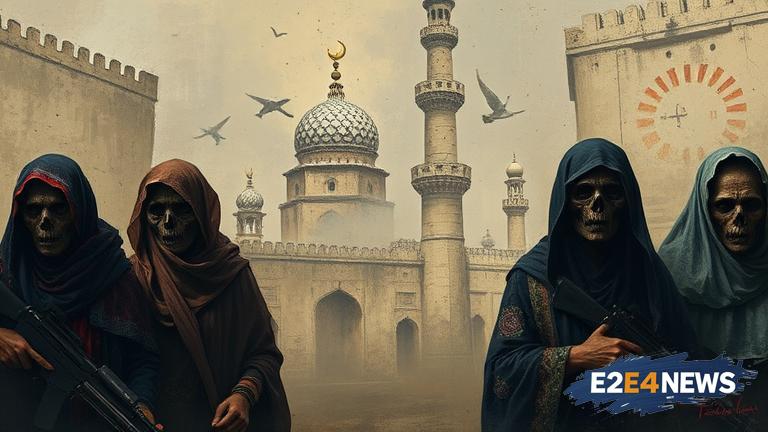The recent case of a young girl being brutally murdered by her father in the name of honour has sent shockwaves throughout Pakistan, highlighting the persistent and disturbing trend of honour killings in the country. Despite efforts to curb the practice, honour killings remain a stark reality, with hundreds of women and girls falling victim to this heinous crime every year. The concept of honour is deeply ingrained in Pakistani culture, with many families believing that a woman’s behaviour can bring shame and dishonour to the family. This twisted mindset leads to the brutal murder of women and girls who are perceived to have brought shame to their families, often through no fault of their own. The victims of honour killings are often subjected to brutal and inhumane treatment, with many being shot, stabbed, or burned alive. The perpetrators of these crimes are often the victims’ own family members, who claim that they are acting to restore the family’s honour. However, human rights activists and experts argue that honour killings are a form of domestic terrorism, with the victims being targeted simply for exercising their basic human rights. The Pakistani government has introduced laws aimed at curbing honour killings, but these laws are often poorly enforced, and the perpetrators are rarely brought to justice. In many cases, the police and other authorities are complicit in covering up honour killings, with the victims’ families often using their influence and social standing to silence the authorities. The social and cultural norms that perpetuate honour killings are deeply entrenched in Pakistani society, making it difficult to bring about change. However, there are many organizations and individuals working tirelessly to raise awareness about the issue and to support the victims and their families. These efforts include providing shelter and support to women and girls who are at risk of honour killings, as well as working to change the social and cultural norms that perpetuate this practice. Despite these efforts, honour killings continue to be a major problem in Pakistan, with the country’s human rights record being heavily criticized by international organizations and governments. The international community has called on the Pakistani government to take stronger action to prevent honour killings and to bring the perpetrators to justice. However, the government’s response has been inadequate, with many arguing that the government is not doing enough to address the root causes of honour killings. The issue of honour killings is complex and multifaceted, requiring a comprehensive and sustained approach to address the social, cultural, and economic factors that contribute to this practice. This includes working to change the social and cultural norms that perpetuate honour killings, as well as providing support and protection to women and girls who are at risk. It also requires the government to take stronger action to enforce the laws and to bring the perpetrators to justice. Ultimately, it will require a fundamental shift in the way that Pakistani society views women and girls, recognizing their rights and dignity as human beings. The case of the young girl who was murdered by her father is a stark reminder of the urgent need for change, and it is imperative that the government and civil society work together to address this issue. The Pakistani government must take immediate action to prevent honour killings and to bring the perpetrators to justice, and the international community must continue to pressure the government to take stronger action. The fight against honour killings is a long and difficult one, but it is a fight that must be won if Pakistan is to become a more just and equitable society. The victims of honour killings deserve justice, and it is the responsibility of the government and civil society to ensure that they receive it. The time for change is now, and it is imperative that the government and civil society work together to address this issue. The future of Pakistan’s women and girls depends on it, and it is the responsibility of all citizens to demand action and to work towards a society where women and girls can live without fear of violence and persecution.
